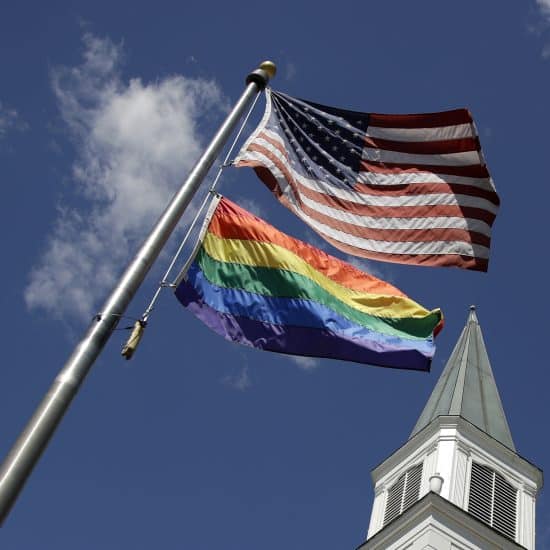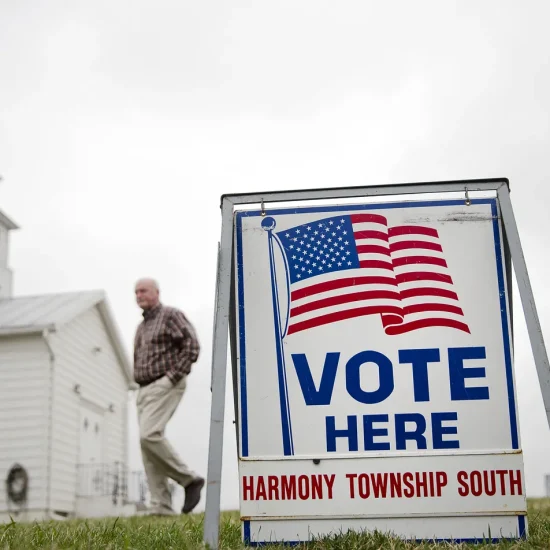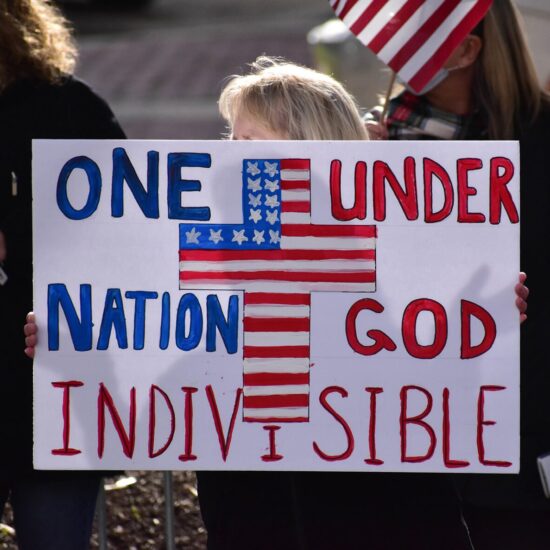
A growing number of U.S. adults believe small-business owners should be able to refuse service based on their religious beliefs, according to a Public Religion Research Institute (PRRI) report published June 25.
When asked if business owners “should be allowed to refuse to provide services to gay or lesbian people if doing so violates their religious beliefs,” 30% of U.S. adults said they should be allowed – up from 16% in 2014.

Image by ndemello from Pixabay
Men (34%) were more likely than women (26%) and people 65 and older (39%) were more likely than those aged 18-29 (26%) to affirm this position.
All groups saw an increase in supporting religiously based refusals over the past five years.
Republicans saw the greatest increase in support of such refusals – a 26% increase since 2014 to 47% supporting this position.
By comparison, 24% of independents currently hold this view (up 8%) and 18% of Democrats (up 7%).
“When it comes to religious affiliation, white Protestants are substantially more likely to support religiously based service refusals,” PRRI noted.
PRRI also polled about religiously based refusals by small-business owners for other groups.
While the percentage of all U.S. adults supporting service refusals to transgender persons (29%) nearly matched support for refusing service to gay and lesbian persons, results varied significantly for other groups:
- Atheists: 24% support service refusals (up from 15% in 2014)
- Muslims: 22% support (not surveyed in 2014)
- Jews: 19% support (up from 12%)
- African Americans: 15% support (up from 10%)
White evangelical Protestants were the most likely religious tradition to support service refusals to all but two of the groups included in survey, with 42% affirming refusals for gays and lesbians, 35% for atheists, 32% for Muslims and 22% for African Americans (equal to support among white mainline Protestants).
White mainline Protestants were slightly more likely than white evangelical Protestants to support service refusals to transgender people (by a 39% to 38% margin) and to Jews (by a 26% to 24% margin).
“White Protestants are the most likely to support religiously based service refusals in every case,” the report said. “Catholics and nonwhite Protestants tend to be more aligned with the religiously unaffiliated than the white Protestant groups, with the exception of religiously based refusals to serve Jewish people.”
The full report is available here.
This article originally appeared on EthicsDaily.com.






